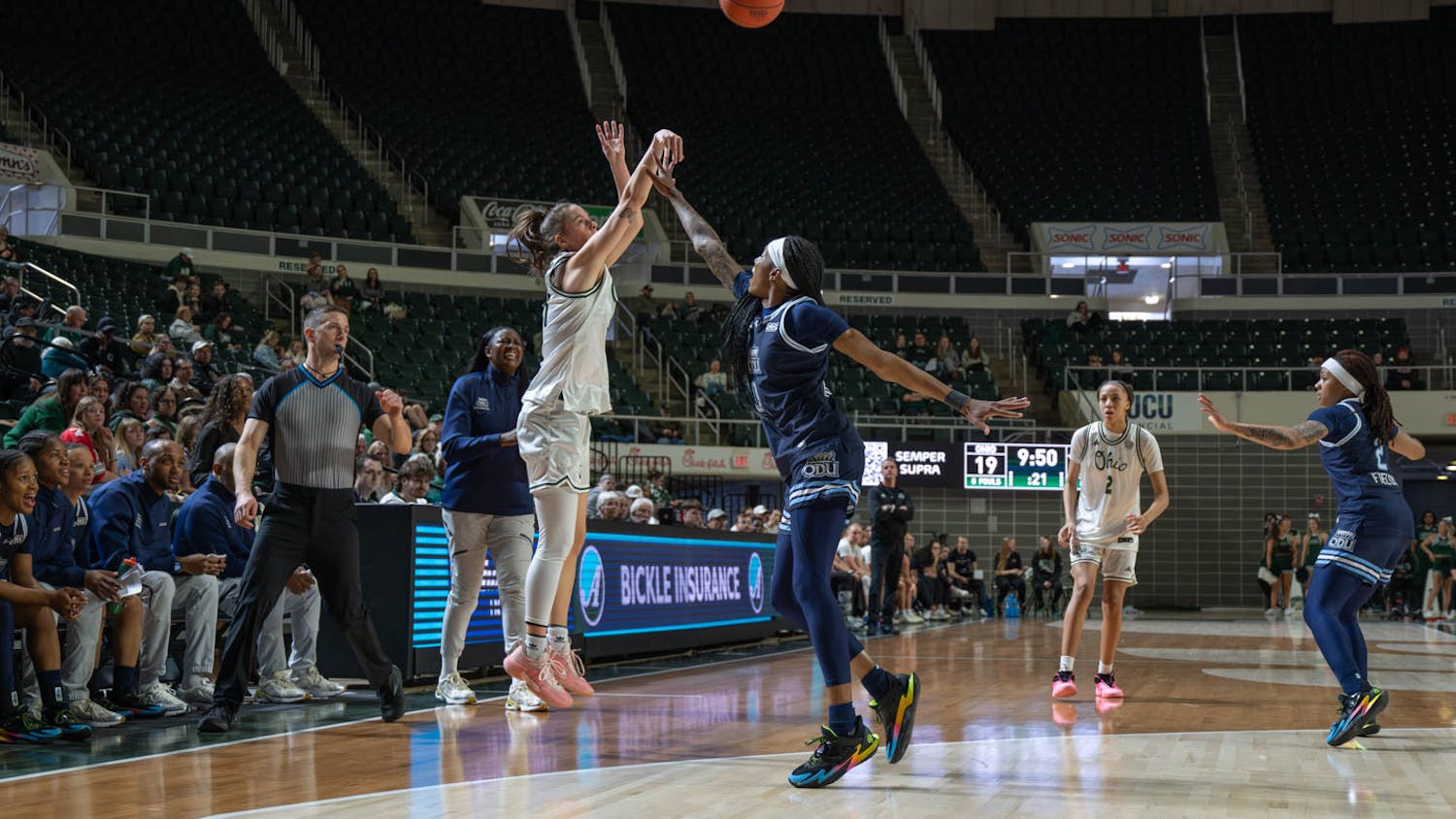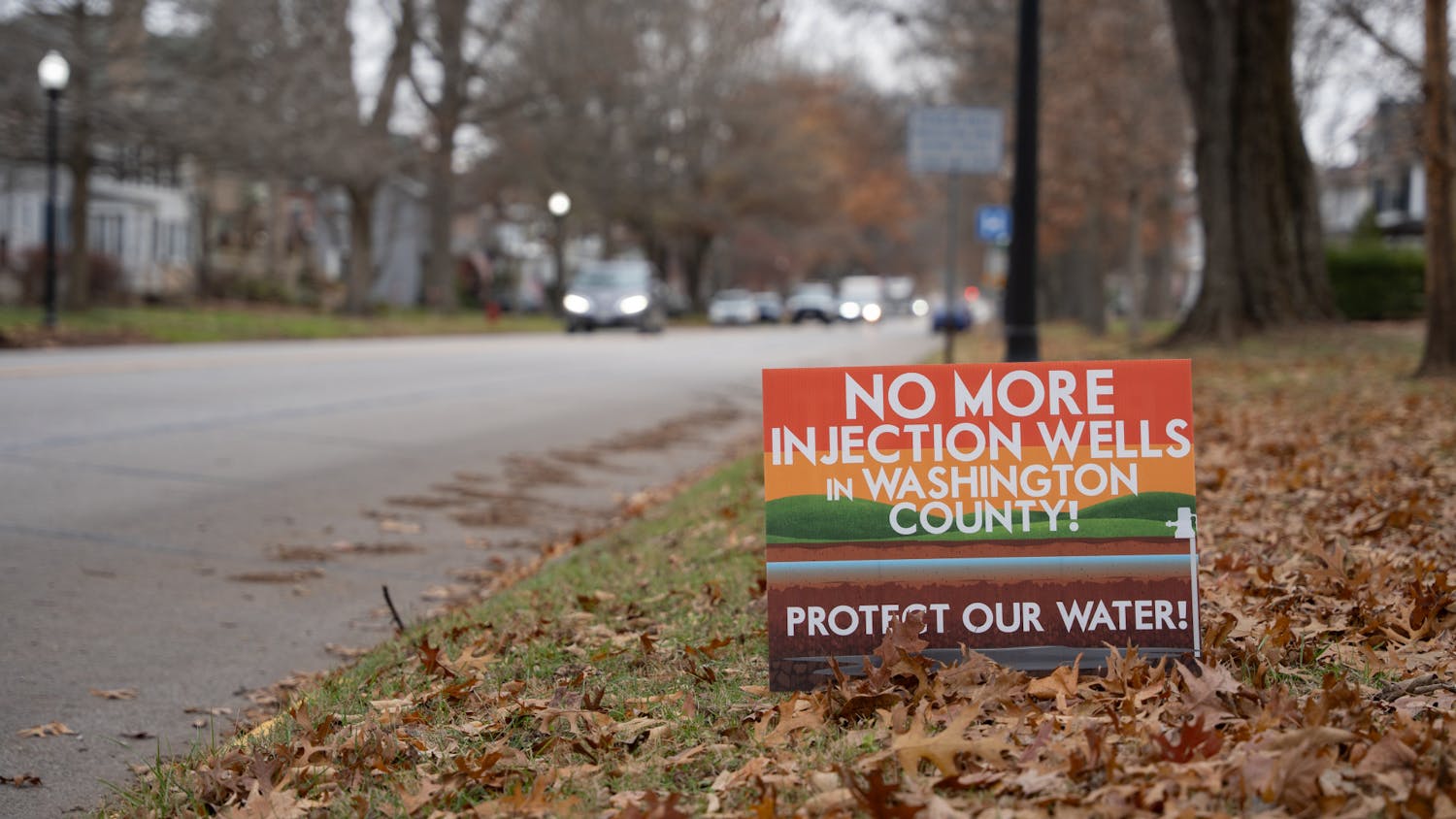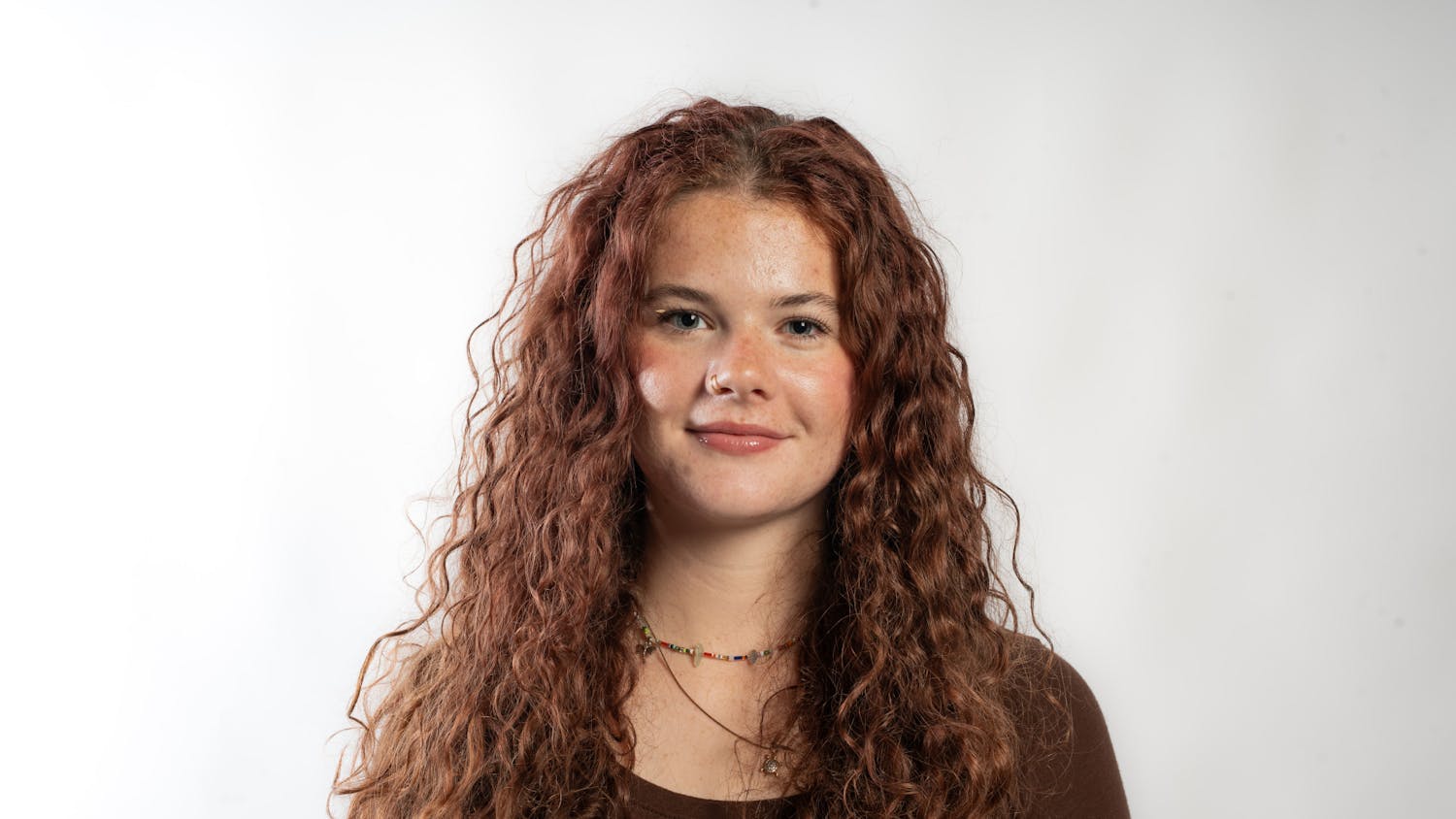When documenting history, historians typically collect newspaper articles, photos and other concrete evidence to most accurately portray life at the time. Be it serious periods or moments of history, like The Holocaust or 9/11, or exciting moments in history, like the moon landing or women’s suffrage, historians take as much evidence as they can piece together to create a better understanding of what was happening.
Now as the nation lives through history in the making with the coronavirus pandemic, the Southeast Ohio History Center is partnering with WOUB Public Media to capture as much information and evidence as they can to most accurately document this time.
Countless social media posts, newspaper articles and medical research papers have been written about the coronavirus pandemic. There’s professional evidence pouring through these reports, but it’s not just the professionally released content that the History Center and WOUB are looking for.
“We don’t have a lot of firsthand accounts of major historic events like the 1918 flu epidemic,” Jessica Cyders, executive director of SEO History Center, said. “We have things like newspaper accounts ... but what an ordinary person in Athens or Jackson or Marietta was thinking, we don’t have that. We’re always looking at gaps in our collection and how can we make sure that in 100 years someone will be able to come back and say, ‘This is how people were feeling and processing this at the time.’”
Cyders is truly trying to seize the opportunity to collect firsthand accounts. From her perspective, it’s not often that historians get the chance to collect firsthand data through major life-changing events like COVID-19, so she is intent on making the most of it.
Helping her with the project is Evan Shaw, a documentary film director who works with WOUB and is a member of the SEO History Center board. The project began after Cyders and Shaw realized the importance of creating some sort of collection of documentation for themselves and others to look back on in the future.
At first, they were unsure how to execute the project but eventually agreed upon encouraging everyone in the Southeast Ohio area to submit journals, artwork, videos, photos, homemade masks and anything else that constitutes a firsthand account. The submission criteria is purposely quite broad, so people are encouraged to send in anything and everything.
“It’s important to recognize that we are living through history right now,” Shaw said. “As someone who deals with archives and stuff like that all the time in my job, I’m always looking for first-person comments about what life is like in certain periods. I think as we move forward, people are going to want to look back and see what we were doing and how people were feeling.”
This isn’t the first time WOUB and the SEO History Center have partnered for a project. Shaw has used the History Center’s archives and interviewed staff members for other projects in the past, so it seemed natural for the two groups to work together during the pandemic.
So far, they aren’t sure what the official plan is moving forward with the submissions they receive. They might do a documentary, an exhibit or something else entirely, but it’s up to the Southeast Ohioans to send in good materials for them to work with. For now, WOUB is working to get the word out about the project so that people will know to send in materials.
Anyone can participate in the submissions, even Ohio University students who are living at home. Minors who want to participate will receive a permission slip to sign. To participate, people can visit the SEO History Center website and get more information on what can be shared. With the materials submitted, people have to sign a release form to ensure that their materials can be used for educational purposes through the History Center. The website also has some sample questions to prompt oral or written account submissions.
“Public media is really involved in storytelling around history,” Cheri Russo, community engagement manager for WOUB, said. “Part of its mission is to do quality historical documentaries looking back at the past so we can learn from it and apply it to the future. It made a ton of sense for WOUB to partner with the History Center to help get the word out … so that people from across the region would participate, and we could capture that history.”
Cyders, Shaw and Russo all hope that, by taking the initiative to gather together materials now, people 50 years from now will have a slew of materials at their fingertips to most accurately document the coronavirus pandemic. They want people to know that no matter how insignificant they think their submission is now, it could be prime historical documentation in the future.
“I wish I could tell people just how much we want the mundane,” Cyders said. “Right now, when we’re living in this, every day seems to be kind of the same. I really want to figure out ways that people could capture that. Even just ‘I bought five boxes of the same cereal at the grocery store,’ or ‘Here I am in my house again,’ that’s valuable. That’s still very important.”






